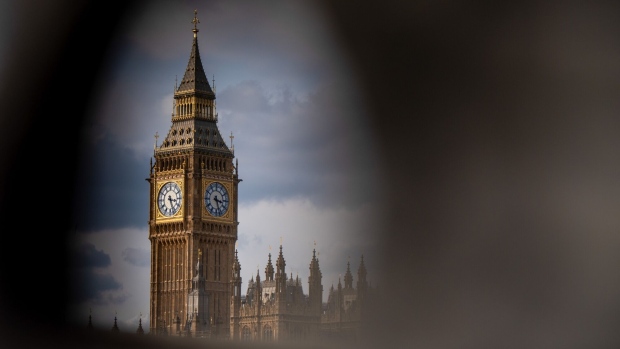Mar 27, 2024
UK Watchdog Lists Spending ‘Nasties’ Awaiting Next Government
, Bloomberg News

(Bloomberg) -- The huge scale of the spending demands facing the next UK government is laid bare in a new report by the head of an influential parliamentary committee.
Meg Hillier, chair of the cross-party Public Accounts Committee, said on Thursday whoever wins the general election will confront a long list of “big nasties” — essential spending that can no longer be put off after years of neglect.
Short-term thinking has left Britain in dire need of investment to upgrade hospitals, schools and prisons, and fill skills gaps across departments, warned Hillier, a lawmaker for the opposition Labour Party.
“Government does not do enough to plan for the long-term, or to provide long-term investment for its policies,” she said in her report. “This not only causes problems now, but leaves problems that will be critical in the future.”
Opinion polls suggest the task of grappling with these problems is likely to fall to Labour, which has a commanding lead over Prime Minister Rishi Sunak’s Conservatives ahead of an election expected later this year.
Whichever party wins will need to give priority to a new multi-year spending review as detailed plans for government departments end in March 2025. The decisions will take place against a tight fiscal backdrop, with both Labour and the Conservatives pledging to get debt falling as a share of GDP within five years.
The Tories’ overall spending totals beyond 2024-25 imply substantial real-terms cuts to unprotected public services including prisons, courts and local government, which were hit hardest during the austerity years following the 2008 financial crisis.
In her 48-page report, Hillier identified almost 20 government areas in need of billions of pounds of funding. They include hospital buildings, National Health Service waiting lists, the schools estate, defense equipment and affordable housing.
“Lack of forward thinking means leaving problems that are more costly and more urgent, until they get to the point where they can no longer be ignored,” Hillier said. “Government must become better at ‘slow politics.’”
©2024 Bloomberg L.P.







